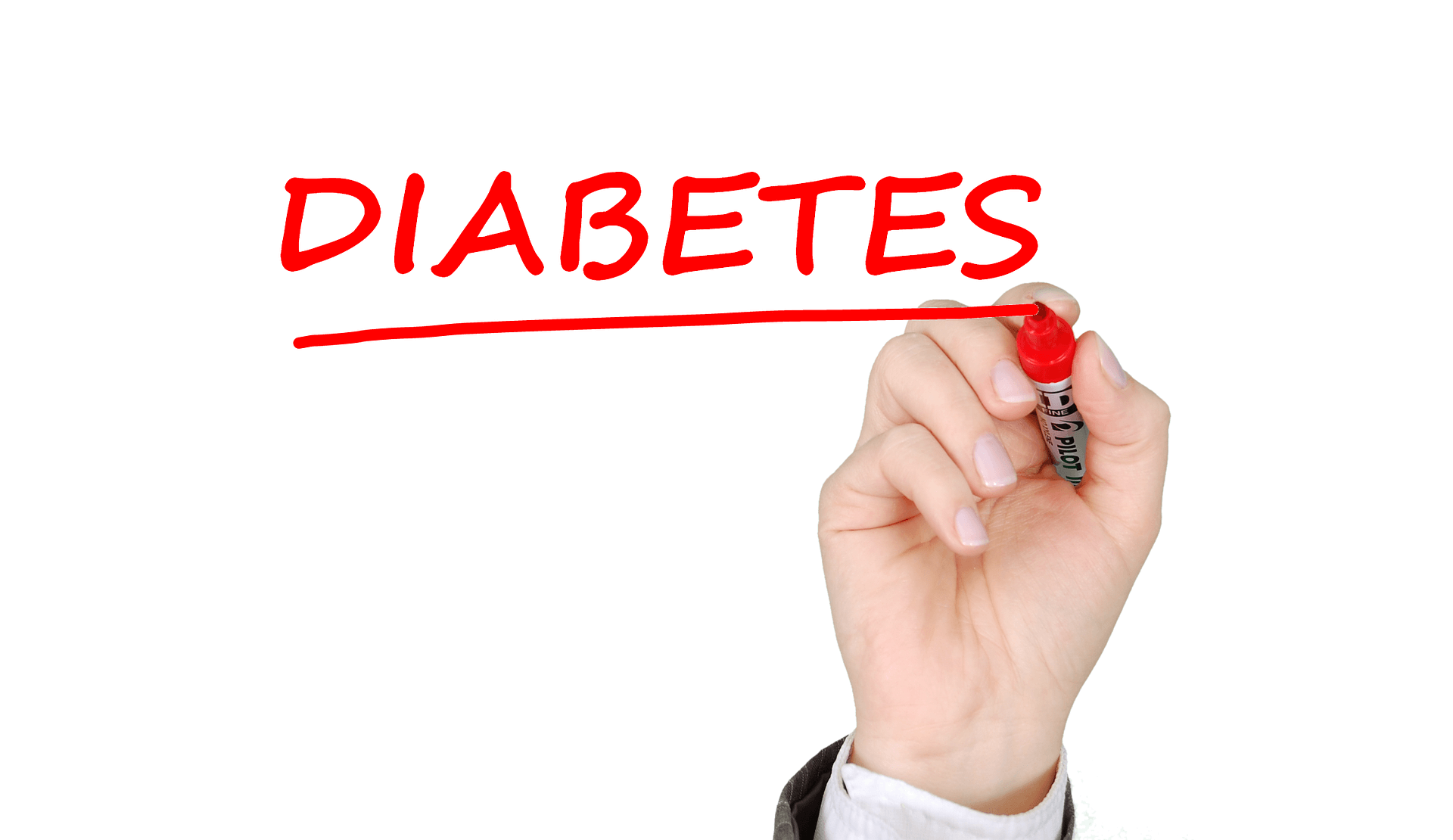Diabetes: Some Nigerians spend N100,000 monthly on insulin – NASR
The National Action on Sugar Reduction (NASR), in partnership with Persons Living with Diabetes (PLWD) in Nigeria, has raised concerns over the escalating costs of diabetes treatment in the country. At a recent press conference in Abuja, the coalition said some diabetes patients are spending over N100,000 monthly on essential supplies like insulin, syringes, and […]

The National Action on Sugar Reduction (NASR), in partnership with Persons Living with Diabetes (PLWD) in Nigeria, has raised concerns over the escalating costs of diabetes treatment in the country.
At a recent press conference in Abuja, the coalition said some diabetes patients are spending over N100,000 monthly on essential supplies like insulin, syringes, and glucometers to monitor blood sugar levels.
The coalition therefore urged President Bola Ahmed Tinubu to expedite the approval and implementation of appropriate taxes on sugary drinks to fund the treatment and care of people living with diabetes and other non-communicable diseases (NCDs).
Comrade Bernard Enyia, Vice President of the Diabetes Association of Nigeria (DAN) and Co-Chair of the NASR coalition said, “Since 2022, the price of 10 millilitres of insulin has soared from N3,500 to approximately N11,000 in 2024.
Bauchi to shut down health centres during nationwide protest
LG poll: Bauchi gov, APC bicker over ‘rigging’
“Also, insulin pens now cost around N65,000 each. Managing diabetes requires substantial funds, with people living with diabetes spending over N100,000 monthly on insulin, syringes, and vital equipment like glucometers to monitor blood sugar levels.”
The coalition pointed out that the current tax on sugary drinks stands at 1.67% of the retail price, while the World Health Organization (WHO) recommends a minimum of 20%.
“Insulin costs have skyrocketed recently, making it unaffordable for many diabetes patients. With an estimated 11.2 million Nigerians living with Type 2 diabetes, it is crucial for the government to take action,” Enyia added.
